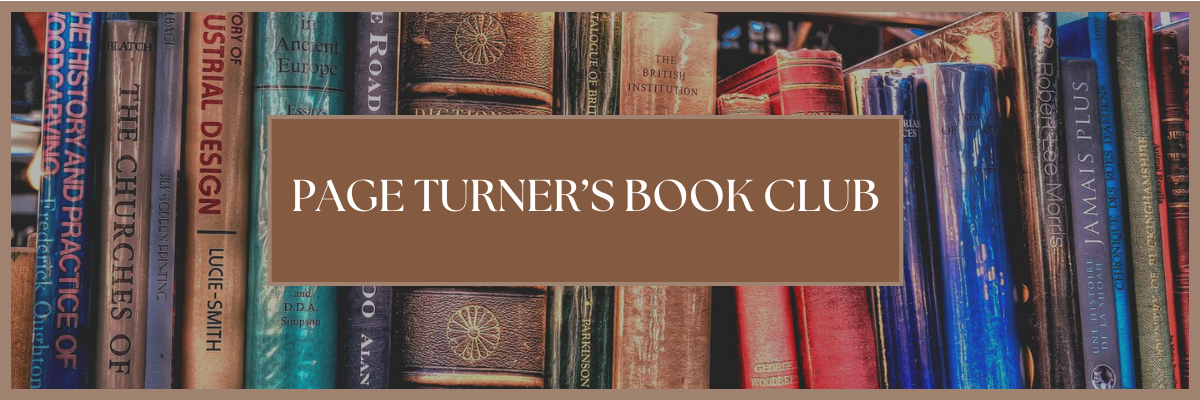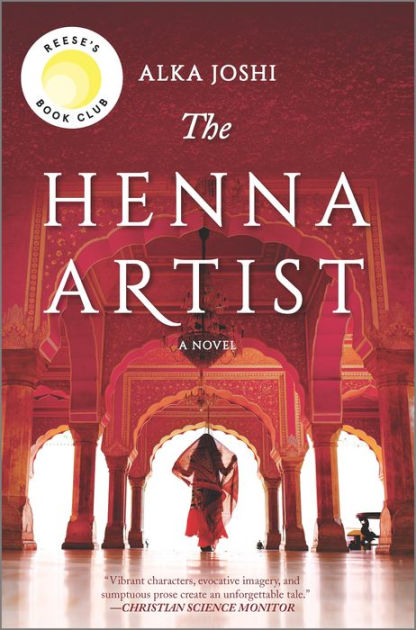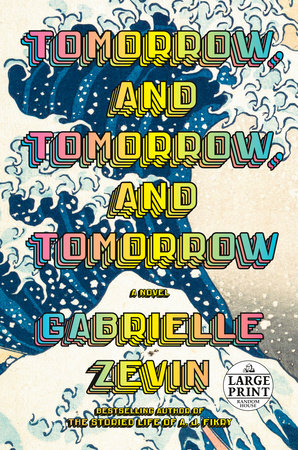
BOOKS
MEETING INFORMATION
Next Meeting: June 23rd
Time: 7:00-8:00 P.M.
Where: Adult Fiction, can meet in alley next to Coldwater weather permitting
June

The Henna Artist
Alka Jokshi
Escaping from an abusive marriage, seventeen-year-old Lakshmi makes her way alone to the 1950's pink city of Jaipur. There she becomes the most highly requested henna artist-and confidante- to the wealthy women of the upper class.
Known for her original designs and sage advice, Lakshmi must tread carefully to avoid the jealous gossips who could ruin her reputation and livelihood.
She is startled one day when she is confronted by her husband with a young girl in tow-a sister Lakshmi never knew she had. suddenly the Caution she cultivated is threatened, but she perseveres, applying her talents and lifting up those who surround her as she does.
July

Tomorrow and Tomorrow and Tomorrow
Gabrielle Zevin
On a bitter, cold day in his junior year at Harvard, Sam Masur exits a subway car and sees SAdie Gree. He calls her name. She turns, and a game begins: a legenddary collaboration that will launch them to stardom.
These friends, intimate since childhood, borrow money, beg favors, and, before they graduate colelge, have create their first blockbuster video game. Overnight, the world is theirs.
Spanning thirty years, from Cambridge, Massachusetts, to Venice Beach, California, Tomorrow examines the multifarious nature of identity, disability, failure, the redemptive possibilities in play, and our need to connect.
MONTHLY DISCUSSION QUESTIONS
- Tomorrow and Tomorrow and Tomorrow Discussion Questions
- Sadie considers how their experience as designers would have been different if they were born a decade (more or less) before or after when they were born. Technological advances aside, what else would have been different about their story if it was shifted slightly in time? Consider Sadie and Dov’s relationship, the options for Sam’s foot, the proliferation of mass shootings, and other cultural and social events.
- Whom do you think deserves more creative credit for Ichigo and Mapleworld, their two most successful ventures—Sam or Sadie? How does the media’s interpretation of Sam as Ichigo and Mayor Mazer affect their working dynamic?
-
Discuss how the other game designers that join Unfair Games—Ant and Simon, and the Worths—contribute to the plot of the novel. What would they be if the novel was a video game?
-
Sadie notes that the kids in her class have a very different attitude toward telling their stories, in life and in games, compared to when she was growing up in the 1980s. How have you observed similar shifts within your own families and communities? How has technology shaped our modes of expression, sense of self-worth, and value systems, especially among teenagers?
-
What does taking over Dov’s class at MIT help Sadie understand about her life path, including the motives and conditions that helped her make Ichigo, as prompted by her conversation with Destiny?